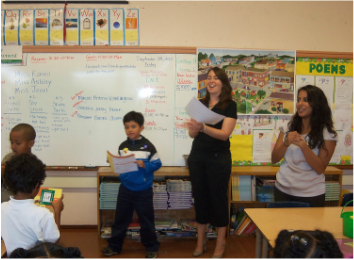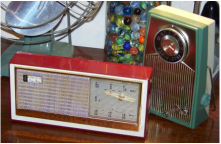
Adrenaline flows freely when you are excited and when you are anxious. I have found that telling kids about these similarities and distinctions is helpful. They learn about how their bodies work and "demystifies" where their feelings come from resulting in greater ability to regulate their behavior in emotionally intense situations. This is a skill they need to manage adulthood. Adulthood seems to consist of periods of boredom punctuated by a remarkable number of emotionally intense situations (a.k.a., "terror").
Anticipatory anxiety, "the fear of being afraid" can be triggered when your child does not know where the bathrooms are located. Go to the school and explore as much of the grounds as possible. This will be easier once the school facility actually opens when teachers return. Respect the principal and reach out to him/her first. Emphasize that you will not go into the classrooms or engage the teachers. Limit your visit to 15 minutes. Take photos if allowed so you can review daily before the first day of school.
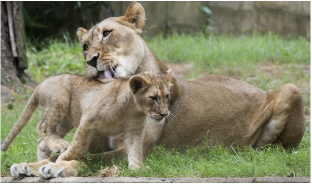
And, speaking of practice. When your kids are distressed, remind them of the times when they were fearful and coped with it. They were fearful and they gave the speech anyway, slid down the fire pole, jumped into the pool and slept without the night light on. They did it anyway. That's the key. We usually don't feel "fine" when we do things that scare us, but we cope anyway. Adrenaline dumping into our guts makes us nauseated; our hearts beat fast, our mouths get dry and we feel light-headed. Kids need to know that they can minimize the effects of their anxiety through relaxation techniques.
Tell them you have confidence in their ability to do what scares them. You have confidence in their ability to cope and "do what has to be done". These skills are the essence of life, the essence of being an adult. And, isn't that what we are preparing them for? Adulthood. They get there by practicing their coping skills.
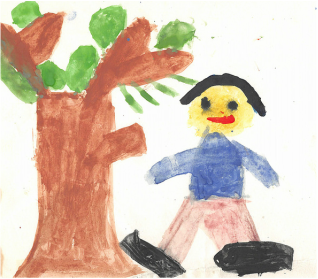
But, if you do see that familiar anxiety, ask them what they need. Is it a note in their lunch box? Do they need treats to share with their friends? These "transition objects" remind them of home, so they don't feel quite so far away from the things and people that give them feelings of comfort. They'll likely need these objects for a short period of time. Give them what they need in order to enhance their coping skills. After all, those photographs on your desk at work are the adult form of transition objects.
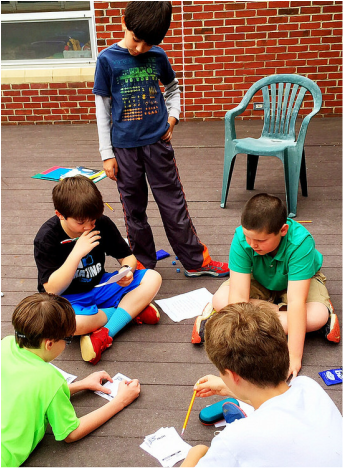
Teach the teacher about your child and their quirks. Start the year off as positively as possible. Create a Fast Facts sheet.
Here are some strategies from previous posts regarding starting the year out right. These articles give you the perspective and information you need to "control the controllable"..
As usual, just do the best you can...
TTFN, Claudia

